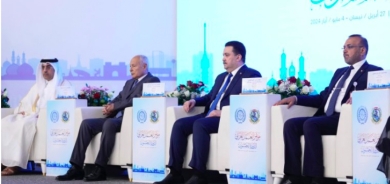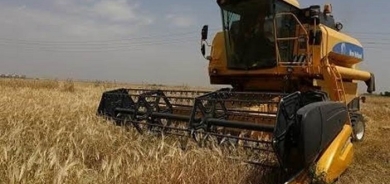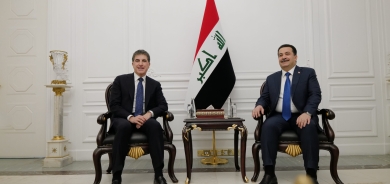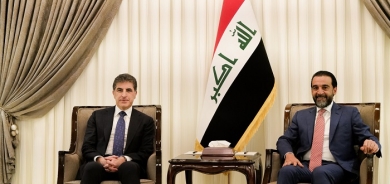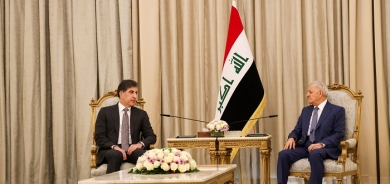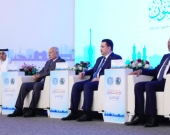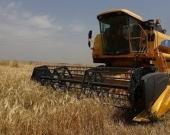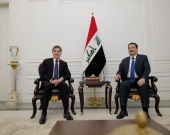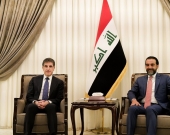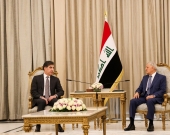Iraqi and Iranian Presidents Discuss Strengthening Bilateral Relations
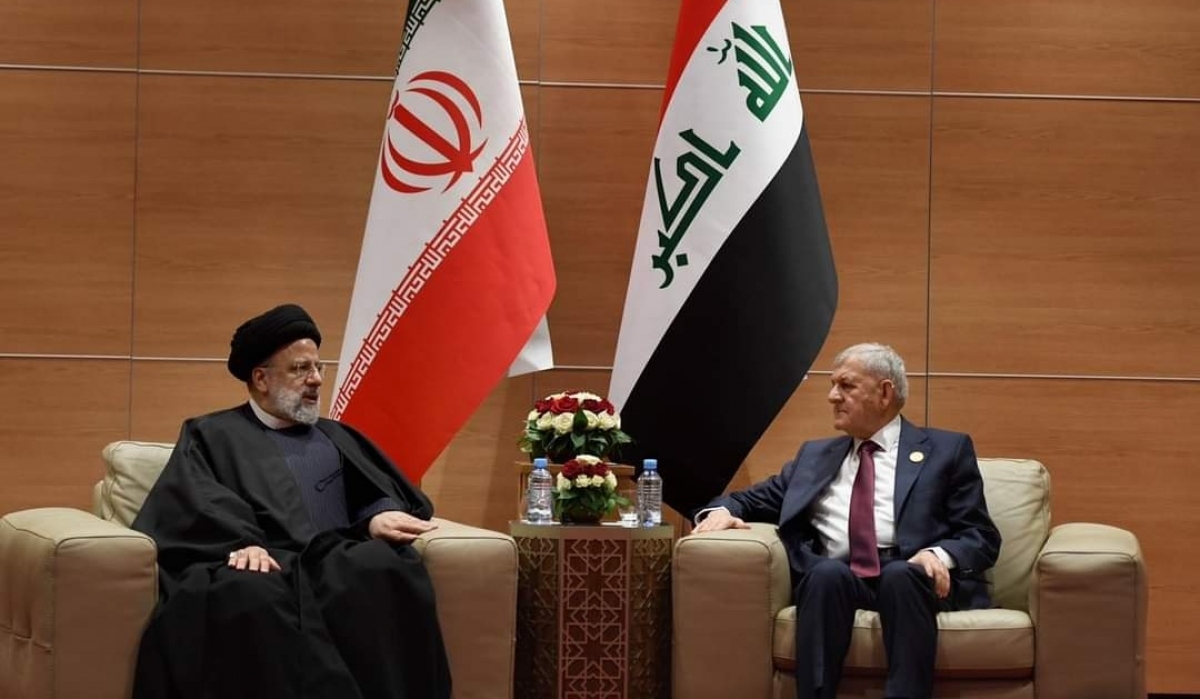
In a significant diplomatic move, Iraqi President Latif Rashid and his Iranian counterpart Ebrahim Raisi convened on Saturday to explore avenues for enhancing the relationship between their nations. The meeting took place on the sidelines of the seventh summit of the Gas Exporting Countries Forum in Algeria.
According to reports from the Iraqi News Agency, President Abdul Latif Jamal Rashid warmly welcomed President Raisi and his accompanying delegation to his residence in Algeria. Discussions primarily revolved around bolstering bilateral ties, leveraging the deep historical and religious connections shared by Iraq and Iran.
President Rashid underscored the necessity of broadening cooperation channels to advance mutual interests and fulfill the aspirations of both nations' peoples for comprehensive development. His sentiments were echoed by President Raisi, who expressed Iran's commitment to supporting Iraq's security and stability.
President Raisi further emphasized his government's eagerness to foster joint coordination and cooperation with Iraq, aiming to promote stability and peace throughout the region. Notably, Iraq and the Kurdistan Region maintain substantial land borders with Iran, facilitating crucial trade and cultural exchanges.
Key border crossings such as Haji Omaran, Parvez Khan, and Bashmakh in Kurdistan, along with southern port city Basra's entry points, serve as vital links between the two nations. Last year, the trade volume between Iraq and Iran reached an estimated $12 billion, underlining the significance of their economic interdependence.
The meeting between Presidents Rashid and Raisi signifies a renewed commitment to strengthening diplomatic ties and fostering regional stability. As both nations navigate shared challenges and opportunities, collaborative efforts are expected to further deepen their relationship for the mutual benefit of their peoples and the broader Middle East region.

